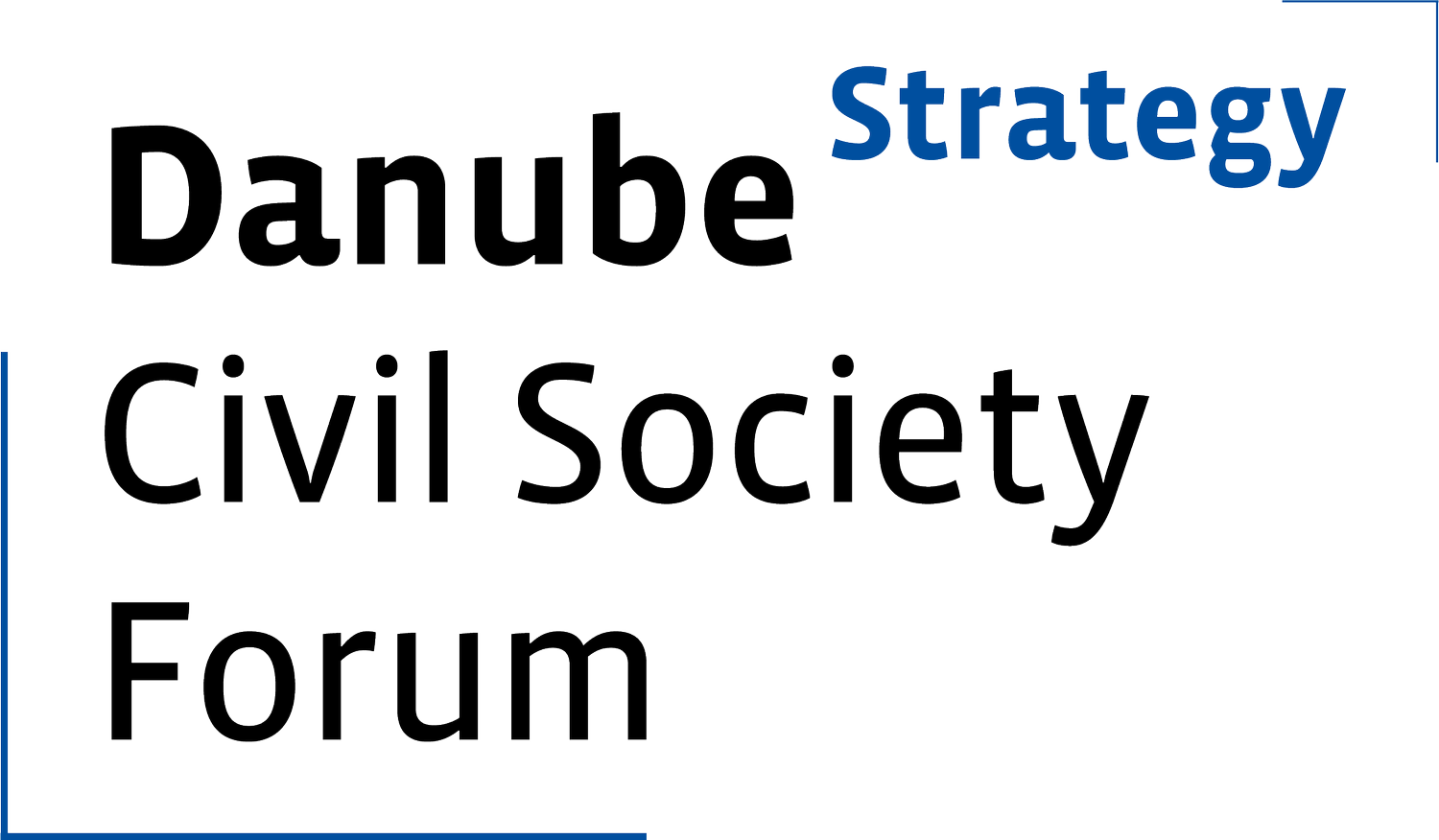Empowering local actors in the Danube Strategy: A pathway to successful EU enlargement
The 1ST NATIONAL PARTICIPATION DAY IN BOSNIA AND HERZEGOVINA took place on 13 May 2025 in Sarajevo. The NPD was organised in cooperation with the Directorate for European Integration and the Local Democracy Agency Mostar. It focused on the enlargement process and the role of the EU Strategy for the Danube Region (EUSDR) in accompanying Bosnia and Herzegovina on its way into the EU.
The event informed civil society organizations in Bosnia and Herzegovina about the EU-Strategy for the Danube Region and update EUSDR stakeholders on the work and conditions of CSOs in Bosnia and Herzegovina with regard to enlargement, in preparation for the 12th Danube Participation Day and the 14th Annual Forum of the EUSDR under the Presidency of Bosnia and Herzegovina. Through interactive discussions and workshops, participants exchanged views and experiences on the contribution of the civil sector and local communities in areas such as environmental protection, preservation of cultural heritage, reconciliation processes, and citizen participation in reforms.
The event brought together participants, including civil society representatives from across the country, foreign institutions (including those from Montenegro, Austria, and Ukraine), representatives of the DG REGIO and the Danube Strategy Point, and representatives of Priority Area 10 of the EUSDR.
Key Notes:
The conference was opened by Dženana Dedić, founder and director of the Local Democracy Agency (LDA) in Mostar, and Stefan Lütgenau, President of the Danube Civil Society Forum in the EUSDR.
Karolina Jasinska-Mühleck from DG REGIO gave further insights into the perspective of the European Commission on the EUSDR, emphasizing its relevance for Bosnia and Herzegovina in the context of EU cohesion policy and enlargement, and highlighted the importance of involving all levels of governance and strengthening regional cooperation to support BiH’s EU integration path through the framework of the Danube Strategy.
Naida Dilić from the Directorate for European Integration of Bosnia and Herzegovina presented the BiH EUSDR Presidency Programme and provided an overview of Bosnia and Herzegovina’s priorities during its EUSDR Presidency in 2025.
Raphael Sachs from the Danube Strategy Point (DSP) presented the DSP, highlighting its role in coordinating the EUSDR and supporting macro-regional cooperation, especially in the context of capacity building for non-EU states.
Claudia Singer-Smith, representing Priority Area 10 “Institutional Capacity and Cooperation” of the EUSDR, gave a presentation on “Local Level and the EUSDR”, emphasising the importance of involving municipalities and local stakeholders in implementing the strategy and improving governance.
Emir Čorić from ALDA – the European Association for Local Democracy addressed local democracy and EU integration, highlighting the essential contribution of local communities to democratic processes and the EU accession path.
Finally, Halko Basarić from the Association of Municipalities and Cities of the Federation of Bosnia and Herzegovina spoke about the role of the local level in the reform and EU accession process in BiH, focusing on the potential and responsibilities of municipalities in implementing necessary reforms aligned with EU standards.
Generally, the conference highlighted the role and importance of the EUSDR, the local level and civil society in the EU enlargement. In selected policy areas, it was analysed how livelihoods could be improved and how the local level could contribute to the implementation of the reform process.
In the thematic session called “Enlargement, the EUSDR, and the Local Level: Three Policy Examples”, civil society representatives presented concrete examples from their fields of work:
Đorđe Stefanović from the Dinarica Association stressed the need for the protection of the environment and natural disaster management to ensure resilience and sustainable development. Adisa Džino Šuta, representing Cultural Heritage without Borders, addressed the role of cultural heritage in reconciliation processes, underlining how cultural initiatives can contribute to trust-building and social cohesion.
Dženana Dedić presented local participation models, illustrating how inclusive governance mechanisms at the municipal level can foster democratic engagement and strengthen the connection between citizens and institutions in the EU integration context.
Discussions in the workshops:
In the second part of the conference, participants split into three parallel working groups, each focusing on a specific thematic area previously addressed in the plenary session.
The working group on Environmental Protection and Natural Disaster Protection discussed practical approaches to enhancing environmental resilience at the local level. The working group on Cultural Heritage and Reconciliation examined how heritage preservation can support reconciliation in divided communities, while the working group on Local Participation Models shared best practices for participatory democracy and tools to strengthen citizen involvement in local governance within the EU integration process.
Participants engaged in active and constructive discussions, sharing experiences, challenges, and concrete suggestions for future cooperation.
As a result of the intensive and focused discussions, key outcomes of each working group were presented in the plenary session.
Outcomes:
A number of cross-cutting challenges were identified as affecting the fields of cultural heritage, environmental protection, and local participation:
- fragmentation of legal and institutional frameworks
- insufficient cooperation between government institutions and civil society
- low levels of public awareness and citizen engagement
- lack of systematic education and capacity building
- limited use of inclusive and participatory approaches
Additionally, the politicisation of key societal issues and the absence of integrated strategies across sectors were highlighted as significant obstacles to sustainable development and reconciliation.
Recommendations developed during the working groups:
Develop unified strategies and harmonize legal frameworks across sectors.
Promote inclusive, conflict-sensitive education and public awareness.
Strengthen cooperation between government, civil society, and the private sector.
Strengthen institutional mechanisms of cooperation between the government and CSOs.
Encourage citizen participation and implement modern participatory tools.
Invest in capacity building, especially for EU integration processes.
Support cultural and environmental initiatives with sustainable, community-based approaches.
Improve the public image and recognition of civil society organizations.















